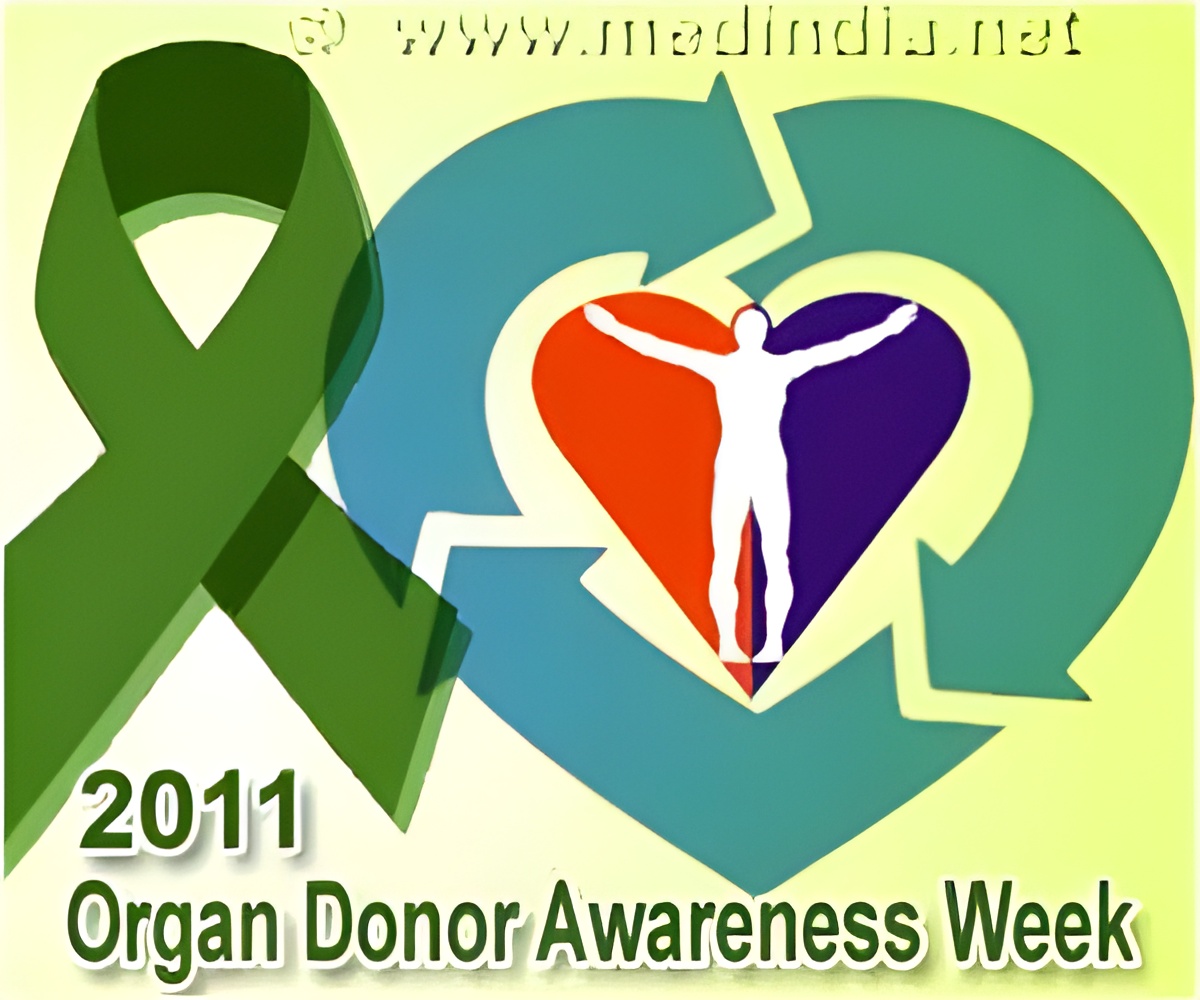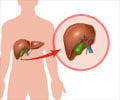This is Organ Donor Awareness Week (Aug 8-14, 2011), an initiative to highlight the merits of organ donation and dispelling myths.

There is no greater form of service other than one that alleviates the pain and misery of the chronically ill. We are so absorbed in the routine activities of our own lives that we often do not spare a thought to our less fortunate brethren, whose lives hang in a balance due to various illnesses. Some of them can be given a chance to live, if only their unhealthy organs can be replaced by healthy ones. This is where organ donation can make a huge difference in enabling life over death for chronically ill victims.
Barely a month ago, we heard about 16-year-old Sandeep, from Karnataka in India, who made history by becoming the youngest recipient of a heart transplant. Sandeep’s life is a bit like a roller coaster ride with a happy ending. At a time when most of his peers had academic goals to meet, Sandeep faced the nerve-racking prospect of his own mortality, after he was diagnosed with dilated cardiomyopathy, with just about three months to live. A heart transplant was crucial for Sandeep to make it.
Fortunately for Sandeep, a 25-year old brain dead individual’s ‘magnanimous’ heart gave him the new lease of life. This noble act helped this budding teenager to live his dreams, rather than have his life nipped in the bud. One noble act made a life and death difference - Sandeep lives on and so does the donor, whose heart beats in this blessed boy.
This is just one case among the many worldwide who are waiting with bated breath for healthy organs to replace their unhealthy ones. These are people who know they are dying and are just praying hard waiting for that precious call about a prospective donor.
Organ Donation is a Necessity
Less than 2% of people experience death in a manner to make organ donation medically viable.
Dismal Statistics
On a yearly basis, nearly two lakh Indians require organ transplants. Shockingly, not even 5% of the victims are able to get the organs they need. Nearly three million Indians have lost their life due to non-availability of organs for organ transplant.
Is it not an irony that despite our billion-plus population we still experience a huge paucity of organs?
• Statistics of other nations show that Australia has 11 organ donors per million, Britain has 27, Canada has 14, Spain has 35.1 donors, USA has 26 donors per million. India's statistics leaves little to be desired at 0.08 donors per million population.
• Nearly 1.5 lakh Indians are victims of kidney failure every year and need kidney transplant to survive. Only 3000 among these are able to survive with kidney transplants, and as for the rest, death is inevitable, mainly due to lack of kidney donors.
• Only 38,000 eyes are collected annually amid the requirement of 2 lakh corneas. The rest have no choice but to suffer corneal blindness.
It is not as if organs are not available. Whoever dies of natural death or due to an accident is a potential donor. Despite this, many patients are unable to find donors for organ donation. Myths and misconception about organ donation makes things worse. In the name of religion and reincarnation, many do not tread this path as they fear being born again without the donated organs. The truth is, most religions encourage compassion for humanity and support organ donation.
Get the Facts Right
Organ donation is nothing but the use of healthy organs and tissues from a donor after death. Known by other names such as cadaver organ donation or deceased organ donation, it boils down to the removal of healthy organs from brain dead individuals. Prior consent is a must from donors or their families, in order to remove organs.
Living-related organ donation is also possible and it involves donating organs when alive, especially to dear ones to save their life. There have been many examples where friends and relatives have donated one of their kidneys to breathe life into dear ones.
Brain dead patients on life support systems account for most of the organ donations. Heart, lungs, kidneys, pancreas and liver are the internal organs which can be used for transplants. Donation of Body tissues is a key aspect of organ donation and tissues can be removed from the body even 24 hours after death. For instance - valves, bone, skin, corneas when transplanted can make a world of difference to patients.
Age is no bar to donate organs – anybody from 12 months to 90 years can donate organs, of course only after prior consent from donors, families or parents/guardians in case of minors. Organs and tissues from just one person can help 10 people live. When one person donates his eyes, it can restore sight for two!
Organ Donation Act in India
The Indian Health Ministry has initiated some crucial changes to the organ donation act.
Till date, organs can be donated to relatives- mother, son, daughter, wife, husband, sister, brother, and distant relatives. It is also permissible to donate to someone out of love and affection.
The recent act has simplified the rules for both the donor and the doctors. It also allows grandparents to donate their organs.
Further, the noose will get tighter for those who indulge in illegal harvesting of organs, and such illegal acts could result in a jail term.
Take that Step of Organ Donation
The Organ Donor Awareness week aims at creating awareness among the public about the merits of organ donation. It mainly seeks to dispel myths and misconceptions about donating organs. Efforts to create awareness have paid off especially in the area of eye and blood donation.
Ultimately, the knowledge that just one organ and tissue donor can potentially save the life or improve its quality for 10 others, should be enough motivation to sign up for this noble act. With just this single act, donors may realize the abiding dream of ‘leaving footprints on the sands of time and impression in peoples’ hearts’ long after they are gone, allowing their organs to speak for what they stood for during the living years!
To download an Organ Donor card visit.
http://www.mohanfoundation.org/downloads.asp
Source-Medindia
 MEDINDIA
MEDINDIA




 Email
Email




